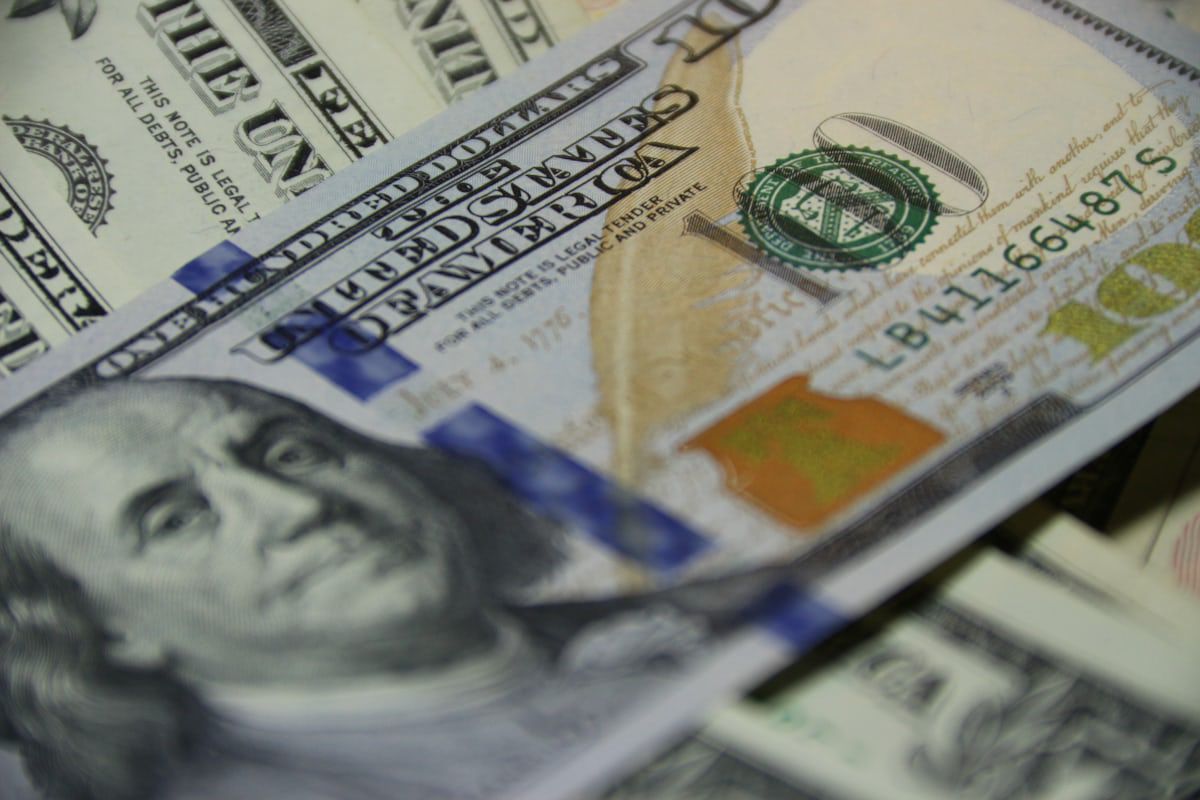So you just landed your first international gig or sold your digital product abroad — awesome! But now the client says, “How should we pay you?”
If you’re in Nigeria, this is where many people panic.
“PayPal doesn’t work here…”
“Will my bank receive dollars?”
“What’s Payoneer again?”
Don’t worry — this guide will break it down clearly, so you can receive dollar payments easily, legally, and safely.
1. Why You Can’t Use PayPal (Easily) in Nigeria
Let’s start with the hard truth:
PayPal does not allow Nigerians to receive payments. You can open a Nigerian PayPal account, but it only lets you send, not receive.
Some people use workarounds like foreign PayPal accounts, but these can get flagged, frozen, or banned.
Better options exist. Let’s look at them.
2. Payoneer – The Freelancer’s Favorite
Payoneer is one of the easiest ways for Nigerians to receive USD, GBP, and EUR payments — especially if you work with international clients or platforms like Upwork, Fiverr, or Toptal.
How it works:
- Sign up at payoneer.com
- You get a virtual US bank account (like a First Century Bank account)
- Share the account details with your client
- When they pay, it lands in your Payoneer wallet
- You can withdraw to your Nigerian bank account at the black-market rate (better than CBN)
Pros:
- Fast, secure, widely accepted
- No VPN needed
- Used by top freelancers in Nigeria
3. Domiciliary Bank Account – Classic, but Slower
A domiciliary account is a foreign currency account (usually USD) that you open at a Nigerian bank like GTBank, Zenith, or Access Bank.
How it works:
- You open a “dom” account with valid ID and passport photo
- Clients can send dollars directly into the account
- You withdraw the dollars via a bank teller or sell via a Bureau de Change
Pros:
- Works well for larger payments
- Useful for schooling abroad or visa applications
Cons:
- Setup can be slow
- Banks may charge high fees
- You’ll need to source physical dollars to deposit (sometimes)
4. Wise (Formerly TransferWise) – Fast and Transparent
Wise.com allows clients to send money to your Naira or USD account with low fees and great exchange rates.
How it works:
- You create an account on wise.com
- Share your Nigerian bank account or virtual USD account
- Clients pay with their debit/credit card
- You receive funds quickly and transparently
Note: Some Nigerian cards may not work for sending money out, but receiving money works fine.
5. Other Options (Use with Caution)
Some people use:
- Crypto: Paid in USDT/Bitcoin and convert to naira via platforms like Binance or KuCoin
- Chipper Cash: Works for smaller payments across African countries
- Grey.co & Geegpay: Offer virtual dollar accounts (still growing in reputation)
Caution: These work well but always confirm they’re legally compliant and secure before using them for large amounts.
Quick Summary: Best Options by Use Case
| Situation | Best Option |
|---|---|
| Freelancing on Upwork/Fiverr | Payoneer |
| Large one-time client payments | Domiciliary account |
| Digital product sales | Payoneer or Wise |
| Peer-to-peer payments | Crypto (optional) |
Final Tips
- Always invoice professionally: Use tools like AND.CO, Invoicely, or even Google Docs
- Let clients know you’re based in Nigeria early, to avoid confusion
- Track your payments and maintain clear records (for proof of income or taxes)
- Avoid giving strangers your personal bank details or login info — stay safe!
In summary:
Earning in dollars is great. Receiving it should be smooth too — once you choose the right tools and know how to use them.
